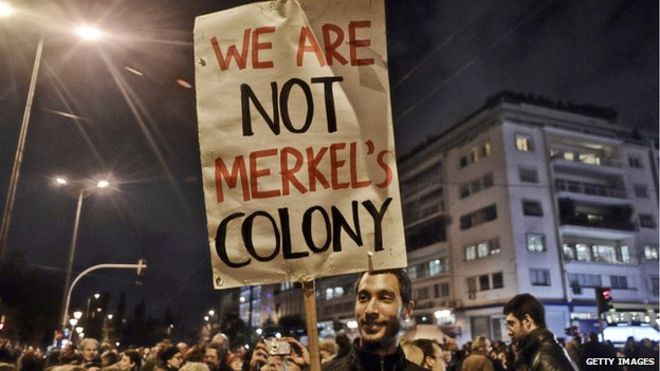Cross-posted from Humanitarianism & Human Rights
After the first week of academic training at the Leibniz Institute of European History in Mainz, the Global Humanitarianism Research Academy (GHRA) 2015 travelled for a week of research training and discussion with ICRC members to the Archives of the International Committee of the Red Cross in Geneva.
 GHRA participants in the ICRC Archives
GHRA participants in the ICRC Archives
The First Day at Geneva started with an introduction to the public archives and library resources by ICRC staff. Jean-Luc Blondel, former Delegate, Head of Division, and currently Adviser to the Department of Communication and Information Management welcomed the group. Daniel Palmieri, the Historical Research Officer at the ICRC, and Fabrizio Bensi, Archivist, explained the development of the holdings, particularly of the recently opened records from 1966-1975. The Librarian Veronique Ziegenhagen introduced the library with its encompassing publications on International Humanitarian Law, Human Rights, Humanitarian Action, international conflicts and crises. The ICRC also possesses a superb collection of photographs and films which Fania Khan Mohammad, Photo archivist, and Marina Meier, Film archivist explained. Continue reading “Global Humanitarianism Research Academy 2015 – Week 2”











You must be logged in to post a comment.